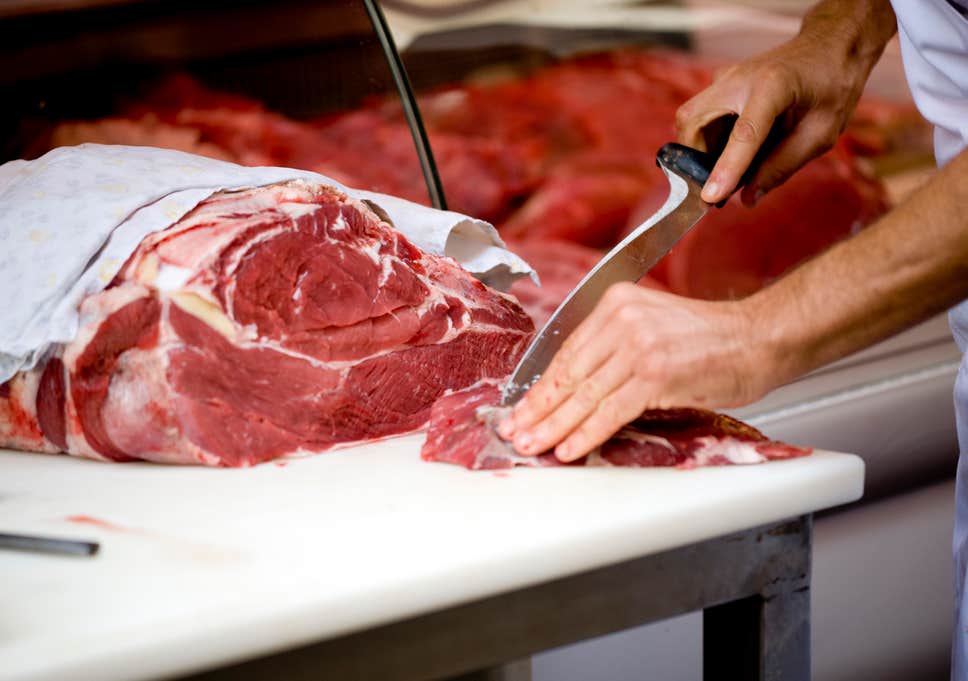On 7th December, the UK Government announced a series of changes to its immigration rules that it is proposing to introduce from spring 2024. If enacted, these changes could have significant implications on the UK agri-food sector, particularly companies which rely heavily on migrant workers. The key changes suggested include:
- Increased skilled worker salary threshold: the eligibility threshold for visas will rise from £26,200 to £38,700 from April – a 48% rise.
- Changes to the Shortage Occupation List (SOL): from April 2024, it is proposed that the SOL will be replaced by a new Immigration Salary List. The 20% discount on the going rate for for job roles on the current SOL will also be ended and will be replaced by a ‘general threshold discount’. The Migration Advisory Committee (MAC) is to review the new Immigration Salary List and associated thresholds. As this affects some agricultural positions (e.g. agricultural trades, veterinarians), it could have a substantial impact on labour availability and costs for many agri-food companies, if enacted.
- Student (graduate) visas: the graduate route, which allows students who have studied at degree level or above in the UK to remain and seek employment, will be reviewed to address potential abuse. Further announcements affecting this route will be made once the review has been completed.
- Dependent visas: spouses and children accompanying Skilled Worker visa holders will need to meet a higher income threshold to qualify for a visa. The threshold will rise from £18,600 to £30,800 per year.
The Government’s aim in introducing these changes is to reduce net migration down towards 300,000 per year. It is currently in excess of 700,000, significantly higher than when the UK was an EU Member State. If the changes are implemented as currently proposed, it will be another major headwind for the agri-food sector on the back of a high-inflationary period. Importantly, the Seasonal Workers’ Scheme (SWS) is not affected. The SWS currently allows up to 45,000 seasonal workers (with stays of up to 6 months) to work in the UK agricultural sector, with an option to increase this number by another 10,000 if necessary.
Large swathes of the UK food processing industry are heavily reliant on migrant labour to fill full-time positions – not just seasonal work. The Government’s proposed changes are a broad-brush approach which give little consideration to these labour needs. Several attempts have already been made to recruit more indigenous workers into food processing. In almost all cases, the numbers employed have fallen a long way short of targets as British workers have little interest in working in some job roles (e.g. abattoirs). In a bid curb immigration, the Government is in danger of adding fuel to the threat of more price inflation. Whilst automation is advancing, it is still a long way short of addressing the agri-food industry’s labour requirements. It is clear that a more substantial agri-food workers’ scheme is needed which caters for both the industry’s full-time and part-time labour requirements. Otherwise, the competitive position of many UK agri-food companies will be further eroded.
Further information on the UK Government’s proposed plan is available via: https://www.gov.uk/government/news/home-secretary-unveils-plan-to-cut-net-migration#:~:text=From%20next%20spring%2C%20the%20government,relying%20on%20migration%2C%20while%20bringing



